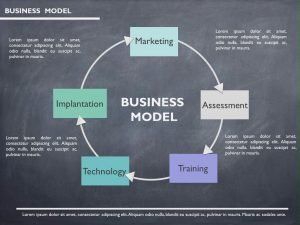Despite the stigma surrounding mental illness, depression can be treated. Depression is a treatable condition. Approximately 80% to 90% of those who experience it respond to treatment. Most people who seek the help they need eventually feel better. A doctor will conduct a complete diagnosis, which includes a patient interview as well as a physical exam, to determine if a person has depression. For depression-like symptoms, blood tests might be ordered in order to rule out any medical causes. The health professional will then explore specific symptoms, medical history, and social, cultural, and environmental factors. In case you have just about any inquiries relating to wherever along with the way to utilize Salt Lake City, you possibly can e-mail us from our web-site.
Depression is more common in older people, but it can also be found in younger people. The average age at which clinical depression begins is 32. Depression in children and teens can also manifest as oversensitivity, low school performance, and physical complaints. If you suspect that your teenager is suffering from depression it is crucial to seek professional help. There are many methods to diagnose and treat depression. You should immediately dial 911 if you think that someone you know might be depressed.
Many times, antidepressants are used to treat depression. These medications control chemicals in the brain that influence mood and stress. You might need to take several medications before you find the one that works for you. Psychotherapy, which is a common treatment for depressive episodes, can also help to reduce their duration. A psychiatrist can also recommend a treatment plan for severe depression. You can also consider joining a support network if these options fail. These groups as well as self-help books are great resources. Talking with others who have been through similar situations is a great way learn about depression and the treatment options.
Although some studies suggest that there is a genetic predisposition to depression, many other factors are involved. A few people inherit short genes from their grandparents, which is linked with a higher chance of getting depressed. There are other factors that can lead to depression. These include a history or substance abuse disorder and learning disabilities. Anxiety is another big factor. There are a variety of ways that people can develop depression, and finding the right treatment can be a difficult task.
For people suffering from depression, therapy may include lifestyle changes, talking therapies, and medicines. The severity of the condition and severity of symptoms will determine the best treatment. Watchful waiting and lifestyle modifications may be enough for mild depression. Other methods include cognitive behavioural therapy, exercise, and self-help groups. Antidepressants can be prescribed if ECT isn’t enough. It’s still a well-proven treatment for major depressive disorder, despite the risks.

Depression can cause women to feel more guilty and ruminate. These feelings may be accompanied with negative self talk, crying spells and guilt. Obsessive-compulsive disorder and eating disorders are also more common in depression. Men are more likely to exhibit signs of irritability or anger and to seek out escape routes. They often try to avoid talking to other people, including their spouses and family members.
If you have any type of questions concerning where and how to utilize Depression, you could contact us at the browse around this website.




